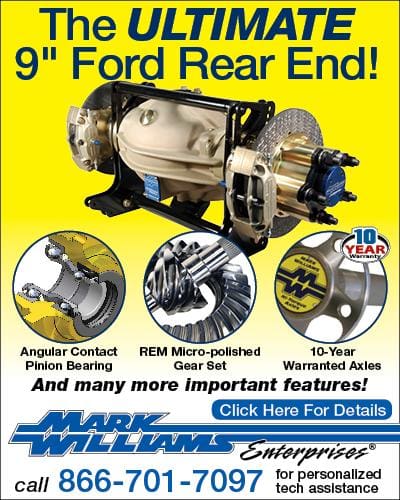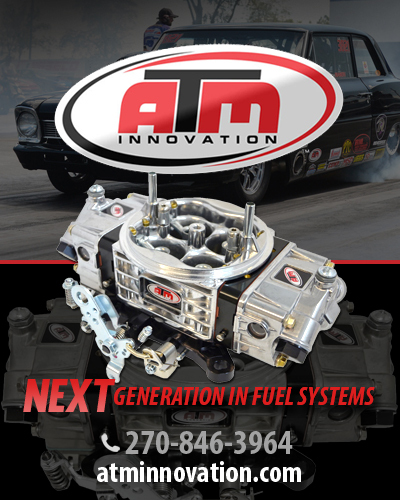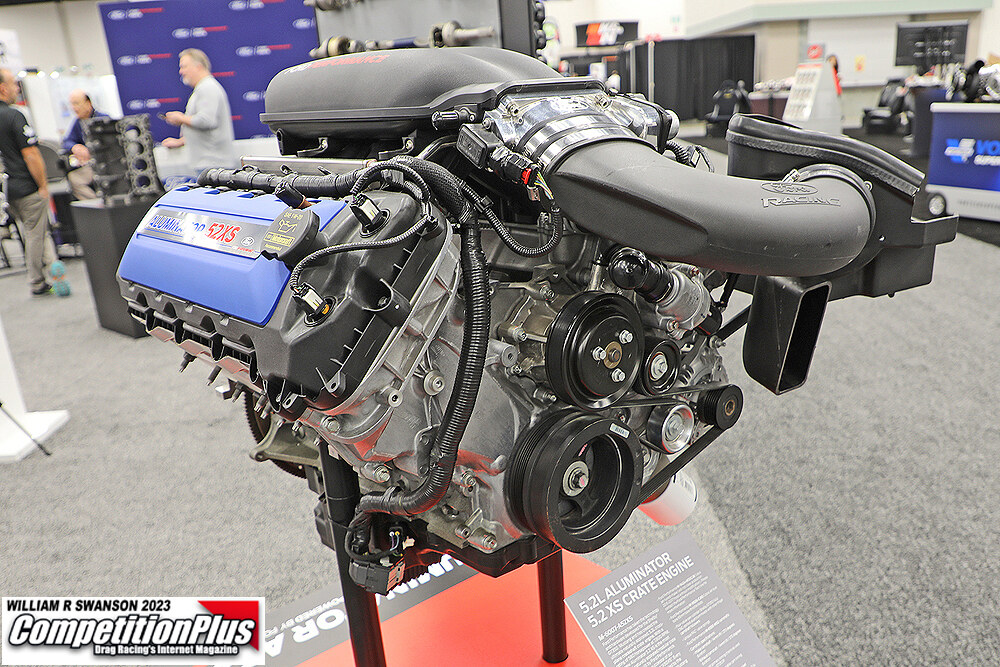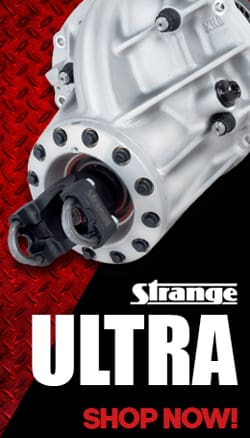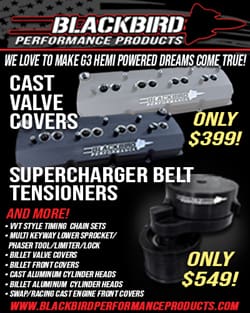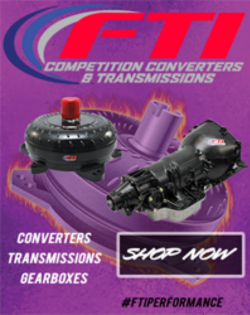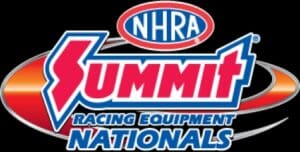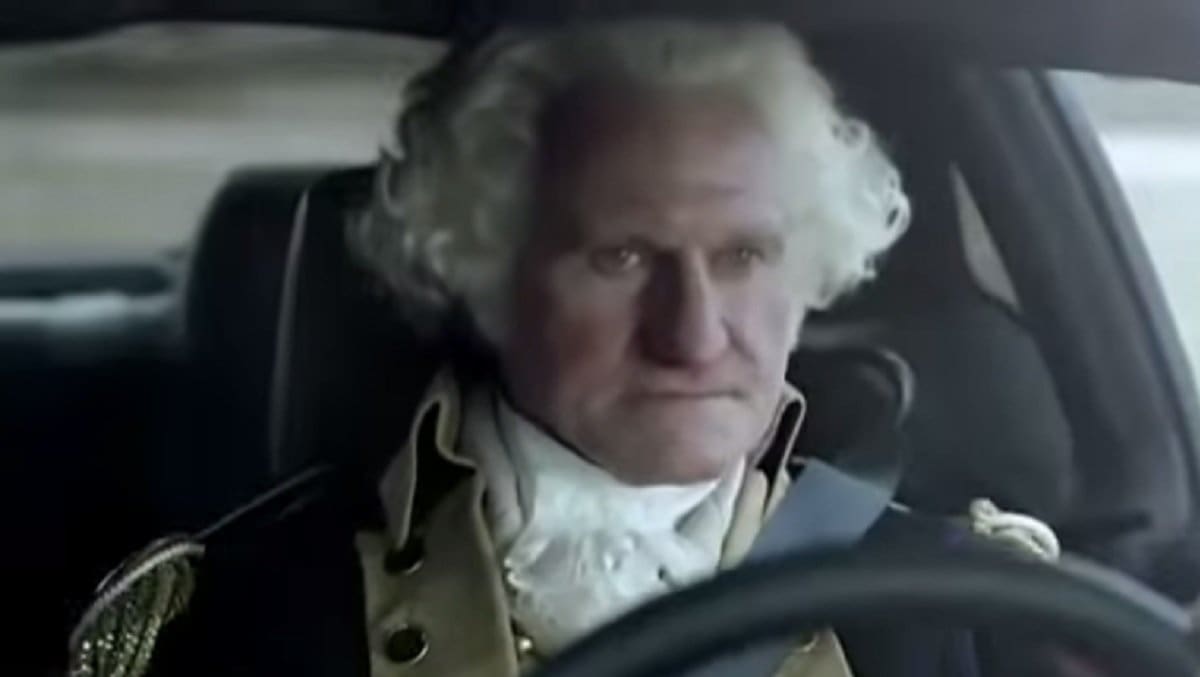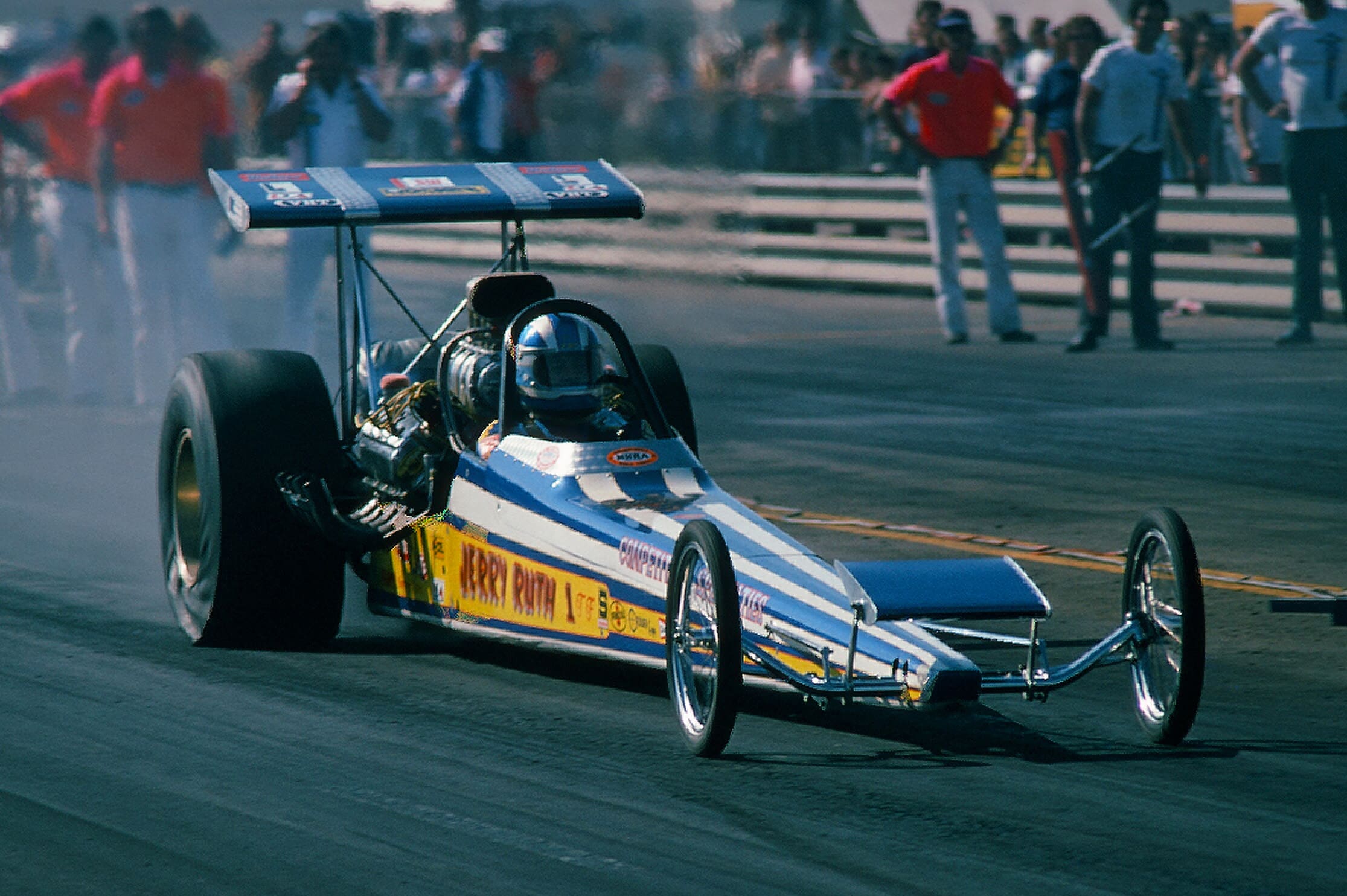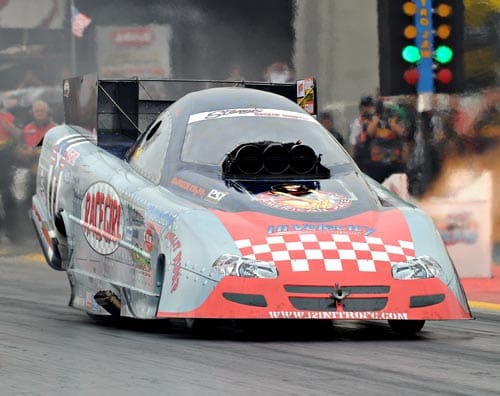
Wait, you might ask. What is a Calcutta Auction, and what is being auctioned? That part is simple to understand. The racers and their chances to win are up for auction.
A Calcutta Auction offers the opportunity for participants to bid on themselves to raise extra money, and it is common in other sports, such as golf and bowling.
Just like Competition Eliminator racer and class advocate Rodger Brogdon created the RoofTec Competition Eliminator Bonus Fund to generate and restore a failing class, the Comp Cash Clash is the first of two major shootout-style events aimed at generating attention to the class.
In addition to a Thursday evening chip draw for first-round pairings, Brogdon saw the Calcutta’s success elsewhere and believed drag racing could embrace it. In his niche world of Competition Eliminator, it has.
“A lot of people don’t know this about me, but I used to be a professional bowler when I was younger, and that was something that we always did,” Brogdon said. “We’d have a regular tournament, and then we’d have a Calcutta. So the tournament might’ve paid $2,000 to win, but the Calcutta could pay an additional $10K or $15,000. So I thought, why don’t you bring it over here to drag racing to see how it goes? Last year was the first year we did it, and it was a great success.”

The stakes are even higher this year. Instead of the whole pot going to the winner, the wealth is spread amongst those who reach the quarter-finals and beyond.
This year’s auction doubles the quarter-final pay to $3000. Traditionally, the quarter-finalist would receive $3000, but with the bonus funds, they now get $7000. The runner-up gets an extra $6000 for a total of $14000. The winner gets an additional $20,000, which brings the total to $50,000.
If a non-racer bids on a participant, they split that with their driver. If drivers bid on themselves, they get 100 percent of the take.
As Brogdon sees it, raising the extra money is great, but the entertainment value goes beyond the extra coin generated.
“It’s always off the hook because most people never seen anything like it,” Brogdon said. “So the first two or three racers that we did, they were kind of getting into it and joking a little bit, but by the time the thing was over, it turned into a big party, so it was a great time.”














